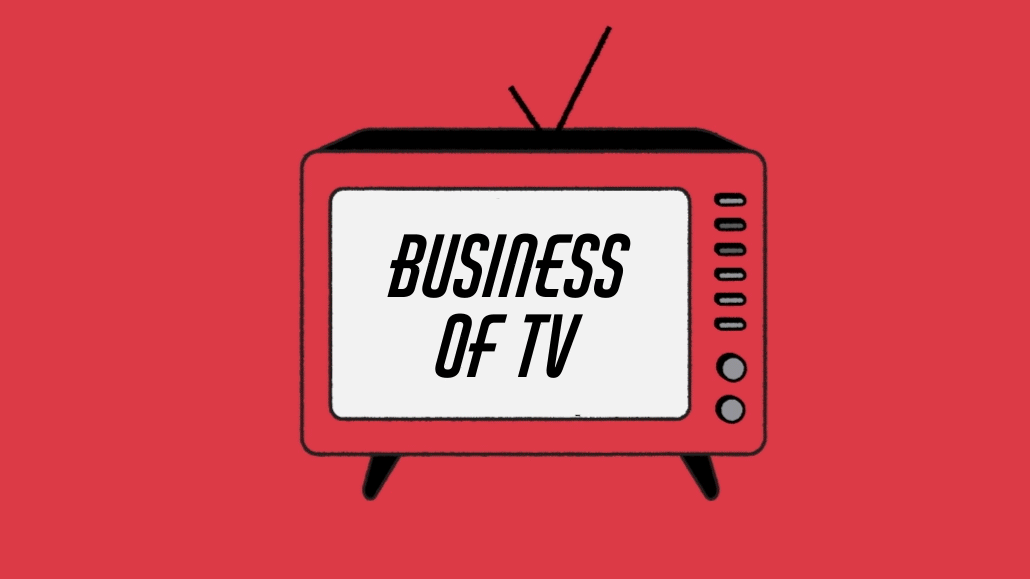Secure your place at the Digiday Media Buying Summit in Nashville, March 2-4

TV set maker and now connected TV sales operation LG plans to offer advertisers guaranteed outcome-based ad avails through its LG Ads Solutions group, the company announced this morning. It claims to be the first provider in the crowded and confused CTV space to guarantee levels of performance across its reach of 20 million addressable TV homes.
Dubbed unsurprisingly the Guaranteed Outcomes program, LG’s new offering aims to promise brands that their CTV video ads running on LG smart TVs meet campaign goals across multiple KPIs, such as video completion rates (buyers only pay if videos are played in entirety), demographic targets, reach and frequency goals, etc. Conversion metrics for mobile are also offered, but elements including tune-in, web visits, physical location visits, etc., won’t be available for another few months.
“We created this extensive program as the starting point in a new paradigm for TV-driven outcomes in which marketers are assured every CTV ad dollar hits the bullseye,” said LG Ads Solutions CEO Raghu Kodige in an announcement of the program. “Whether driving sales, conversions, or customer acquisition, advertisers struggle to quantify ROAS for TV spend.”
All third-party verification providers of the program are MRC-accredited and include several measurement firms and data partners, which were not revealed. Data partners are expected to validate demographic reach (including age, gender, ethnicity and the presence of kids in the home) as well as video completion rates.
The only partner LG mentioned was iSpot, with whom the company recently signed a licensing partnership. According to the announcement, iSpot will help to validate reach and frequency goals such as incremental CTV reach and frequency over linear TV, incremental frequency over other digital ad vendors, and competitive conquesting goals.
Some media agencies have already been apprised of the new offering, including ones owned by Dentsu and IPG. Keith Camoosa, Dentsu Media’s chief addressability officer, said “Transacting on guaranteed outcomes has been a missing piece of the puzzle with CTV. Being able to pay only for media that achieves an advertisers’ specific goal is a real game changer.””
Added Huw Griffiths, global chief product officer for UM: “Guarantees on media buys are a great step in the right direction for the industry; particularly when they are backed by third-party verification for full transparency. [This is] a big step toward eliminating waste and addresses a big problem for advertisers.”
One executive at another CTV seller, however, was not wholly impressed with the news. “Until you know exactly what outcomes they’re promising, I’d be asking for more information,” said the executive who declined to speak for attribution. “Like are we talking upper funnel, mid-funnel or lower funnel?”
In an emailed statement, LG responded: ““LG Ads Solutions Guaranteed Outcomes program will offer full-funnel attribution, including conversions such as registrations and subscriptions, app opens, web and physical location visits, tune-in and more. Additional announcements regarding outcome-based guarantees on LG Ads Solutions inventory will be forthcoming throughout 2022.”
As with other TV set makers like Vizio that got into the ad-sales business with the advent of smart TVs and the data they generate, LG Ad Solutions analyzes its TV set universe to anonymously target audiences based on screen-level insights into programs and ads watched.
More in Media

From feeds to streets: How mega influencer Haley Baylee is diversifying beyond platform algorithms
Kalil is partnering with LinkNYC to take her social media content into the real world and the streets of NYC.

‘A brand trip’: How the creator economy showed up at this year’s Super Bowl
Super Bowl 2026 had more on-the-ground brand activations and creator participation than ever, showcasing how it’s become a massive IRL moment for the creator economy.

Media Briefing: Turning scraped content into paid assets — Amazon and Microsoft build AI marketplaces
Amazon plans an AI content marketplace to join Microsoft’s efforts and pay publishers — but it relies on AI com stop scraping for free.








